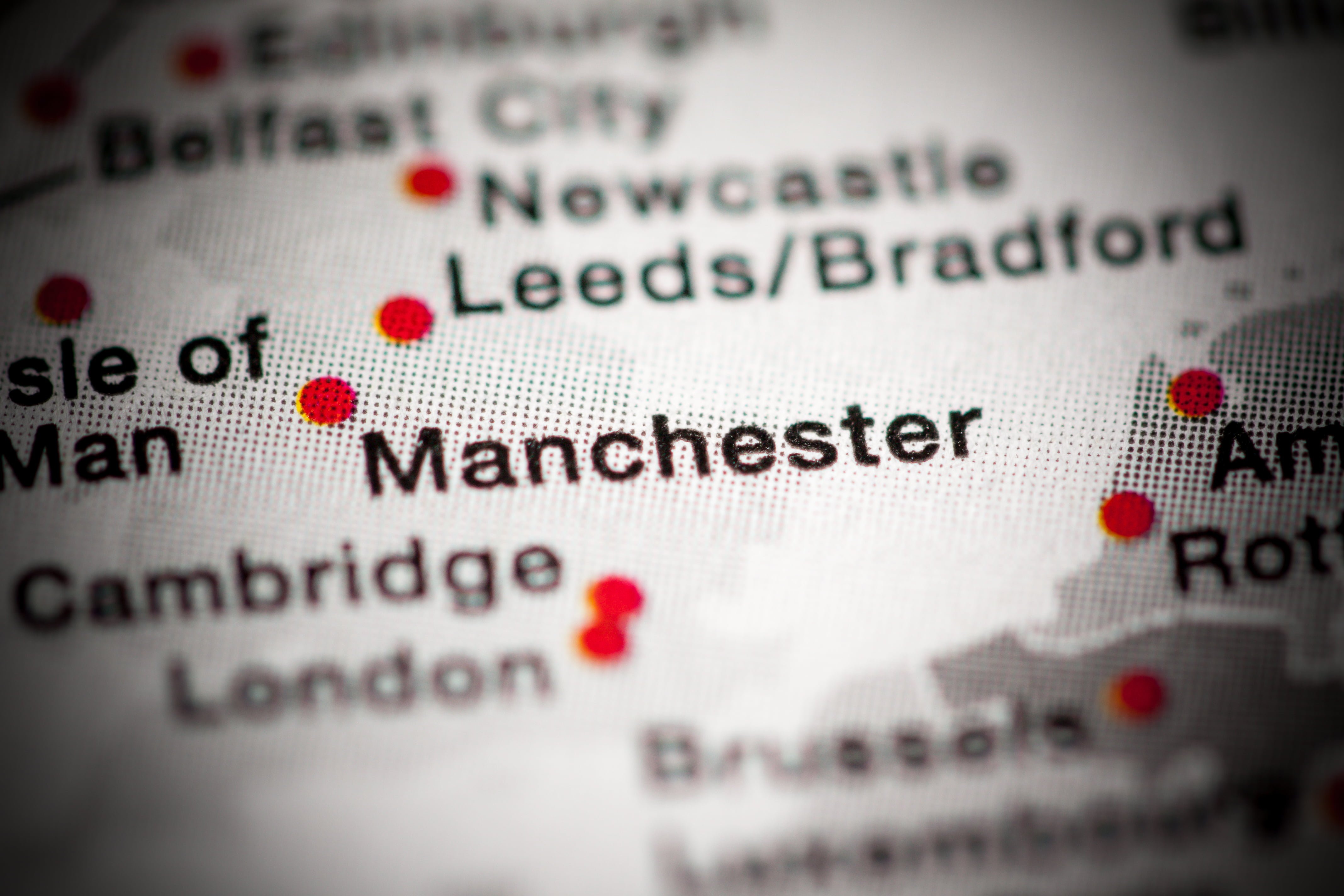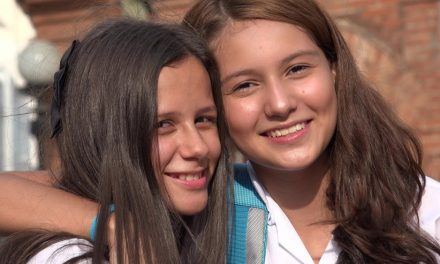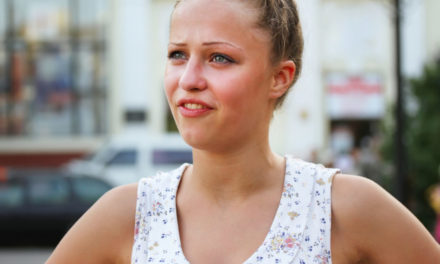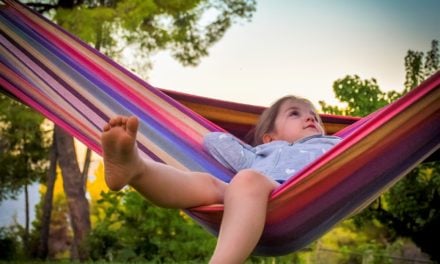Monday night’s bombing in Manchester was beyond abhorrent. It defies comprehension that someone could plan an attack that was sure to kill children and the adults caring for them. It is always shocking when innocent people are targeted, but this tragedy poses special problems for parents and those who work with young people.
The attack took place at an Ariana Grande concert. Grande is a 23-year-old pop star and she is extremely popular with teens and tweens. These are people our kids can easily empathise with. Interestingly, in conversations with kids today they were especially concerned for Grande herself. They listen to her music and in their minds, they know her.
Young people are not particularly good at empathy. It is a feature of a more adult state brain. So past attacks on adult communities or people in countries they know less about have had less impact. This attack was on their patch. They know Ariana Grande and they recognise themselves in the audience. Naturally, it will hit harder and parents and teachers may need to guide them in dealing with that.
Parents too, will find this attack more confronting. It confirms that this could happen at any time in any place. It triggers the fear that we simply can’t guarantee our kids’ safety. And no we can’t. But then we never could. It is important not to retreat into fear and overly protective behaviours. We don’t want children to live in a state of fear.
So how do we talk to our kids about this event in a way that is supportive but not alarming? How do we acknowledge its enormity without catastrophising? I sat and discussed this issue with a class of Year 9 girls today at Santa Maria College. They gave some very clear and insightful guidelines. Interestingly, our College psychologists agreed with them wholeheartedly. The girls said:
- Don’t hammer us with questions. We feel under attack and stressed when you fire question after question at us. Raise the topic and give us space to talk about it if we want to. Don’t keep bringing it up.
- When you ask us how we feel, we sometimes don’t know. Give us time. Don’t tell us how you think we feel or how we should feel.
- Stop and talk if you want us to take you seriously. Sit down with us. When you keep on making dinner or doing whatever it is you are working on, we just don’t feel like you are listening.
- Try not to turn it into a teaching moment or give advice. Just listen and acknowledge what we say. Listen to understand how we feel. You can’t fix it, so don’t even try.
- Under no circumstances tell other people what we’ve said to you. It’s private, and we hate it when you then talk about it with your friends or our family.
- Maybe don’t talk at all. Sometimes it’s better just to listen and give us a hug.
In addition to the very useful tips from the kids, here’s what we also suggest.
- Answer questions honestly but without being dramatic. You need to always be the person they trust to tell them the truth. They can access information anyway, better it comes from you than Facebook.
- Let your child know that how they feel is normal and valid. There is an enormous array of ways kids may react, including not reacting at all. That’s fine.
- Limit their exposure to traumatic coverage of the tragedy, whether on the news, social media or YouTube. We learnt after 9/11 that children watched dozens of hours of coverage of the disaster. Don’t hide it from them, but letting them watch it repeatedly will keep them in a state of anxiety.
- Distract kids with the normal routines and rituals of your family life.
Be aware that if your child is already coping with a loss, anxiety or is feeling down, this event may compound those problems. Be sure your child can name at least three people that they can talk to if they need help. Don’t be offended if it’s not you. Also ensure they have access to these help lines:
Kids Help Line: 1800 55 1800
Lifeline: 13 11 14
Some very good resources for parents that may interest you.
To follow the Education Blog click here
Linda Stade has worked in various teaching and management roles in education for twenty-five years. She has worked in government and private schools, country and city, single sex and co-ed. Currently she is the Research Officer at Santa Maria College, Western Australia. She has a Facebook page here






